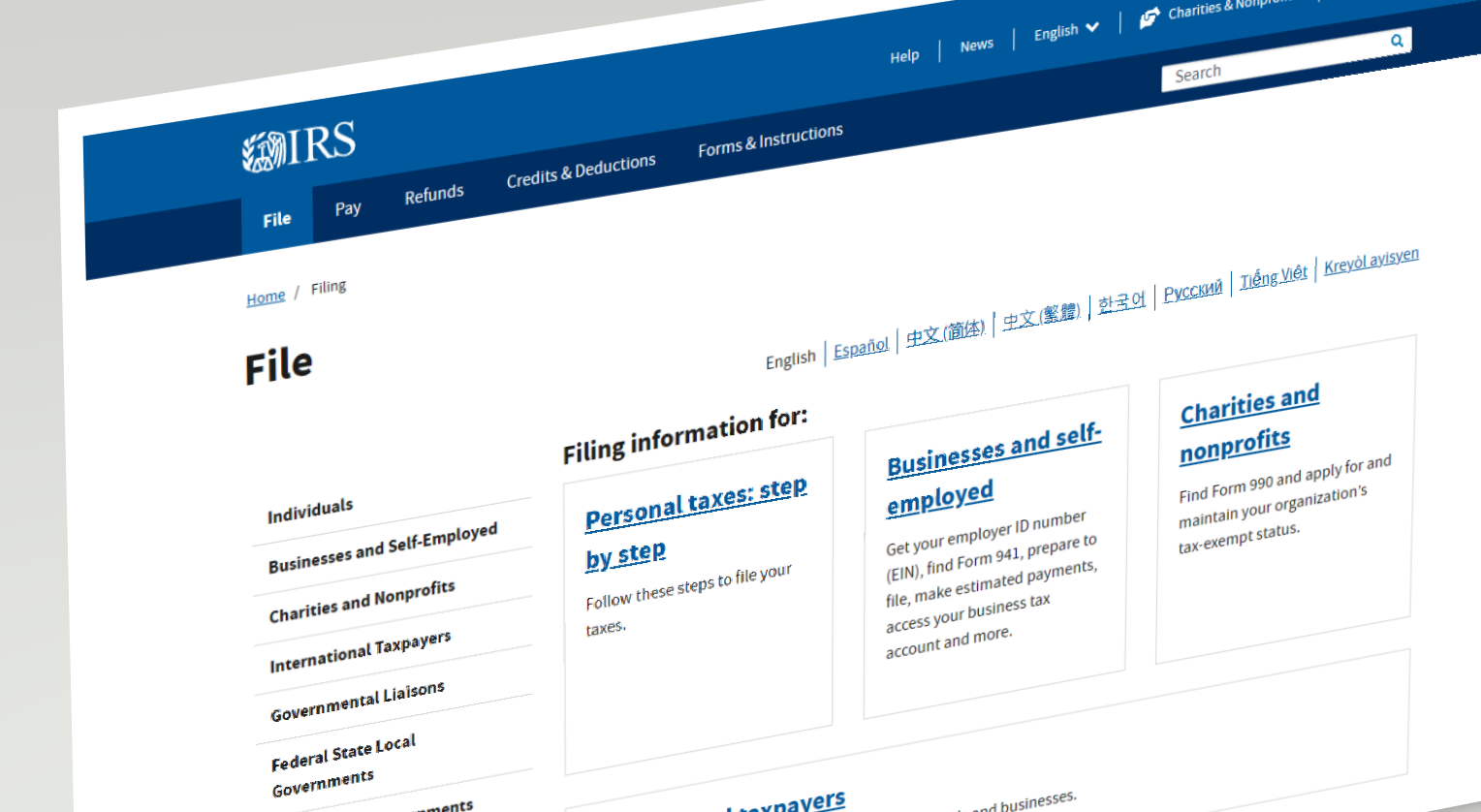Cybersecurity has become a necessary practice for businesses across industries, especially the accounting industry. As the rate of cyberattacks grows, hackers know vulnerable systems that contain important financial information can become easy targets. Accounting cybersecurity practices ensure that your firm protects sensitive data, not only for the compliance of your firm but for the safety of your clients who’ve entrusted you with their financial, personal, and professional information.
The importance of proactive accounting cybersecurity
The risks of not proactively addressing accounting cybersecurity vulnerabilities are significant. Without robust protections, accounting firms risk the loss of revenue, clients, and reputation. For businesses, a cyberattack can mean a significant loss of time while systems are held for ransom, and the costly expenses of notifying clients, analyzing the attack, remediating the business, and paying for monitoring.
Why do accountants discuss cybersecurity as a top priority?
A commitment to accounting cybersecurity is a prudent step to take, ensuring that data, systems, and sensitive documents remain secure and protected.
The top accounting firm cybersecurity risks
For accounting firms, the risks are considerable when it comes to cybersecurity. Here are a few of the reasons why CPA firms and cybersecurity are a hot topic.
Vulnerability
No business can become completely cyber safe, but for accounting firms cybersecurity is a powerful deterrent. Hackers are increasingly sophisticated and the growth of cyber incidents is significant. The FBI’s Internet Crime Complaint Center (ICCC) reported in 2020 that there were 3,000 to 4,000 cyberattacks being reported daily to the agency. The COVID-19 pandemic and economic downturn has only exacerbated the issue, as businesses and their employees clamor for information and end up being duped.
Client Risk
Accounting firms must guarantee the safety of the information that clients entrust to their care. From Social Security numbers to financials, accounting firms hold some of the most important information for individuals and businesses. If firms cannot keep this information protected, the consequences are significant. Accounting firms have a duty to protect this information at all costs.
Financial Risk
The financial consequences of a cyberattack are considerable. According to the 2020 Cost of a Data Breach Report, conducted by the Ponemon Institute, the average cost of a data breach in the United States is $8.6 million. Customer personally identifiable information (PII) has an average cost of $150 per record per breach. And it takes awhile for most breaches to be detected – an average of 280 days.
Ease of Hacking
While nation-states and organized criminal enterprises are at the heart of many cyberattacks, hacking that completely disrupts your firm can be the work of an amateur. With very little training and sophistication, a hacker can disrupt your business and be very costly.
Reputational Loss
If your accounting firm is exposed to an attack, the losses are far more than financial. There is a major reputational risk. Affected customers are likely to talk. Some cases will reach the news media. Recovering some reputational losses can be difficult and as costly as the financial losses incurred due to a cyberattack.
Accounting firm cybersecurity best practices
First and foremost, you need to create a cybersecurity plan for your firm.
Cybersecurity planning needs to consider all components of your accounting technology, including email, servers, cloud solutions , and your employees. Here’s a closer look at how and why to protect each element.
Network perimeter and architecture
Your business networks are a lifeline, connecting systems, people, and data. Your network architecture needs to be configured, organized, and connected so as to ensure both security and operability. Next-generation firewalls that continuously monitor activity and detect intrusions quickly help reduce the risk and impact of a cyberattack.
Backups
You need to have a plan to back up your data, operating systems, and applications. This approach is prudent not only in the event of a cyberattack but also if a natural disaster were to cut off access to physical locations or damage servers. A redundant backup plan ensures that data and information are stored in the cloud and backed up regularly. Virtualization allows for backups to be accessible in minutes in the case of a cyber incident or another issue. Especially during tax season, your accounting firm needs a proven backup plan in case data are compromised. Regularly scheduled backups also ensure that little information is lost in the case of an incident.
Email security
Increasingly, business is done over email. However, email is also the primary source of phishing attacks, during which hackers send a bogus email, often with an urgent call to action. When an unknowing reader clicks on a link or attached file, they can unleash a cyberattack that embeds files in devices and networks that can be activated at a later time to steal files or shut down systems.
To protect email, be sure your IT team educates employees and uses anti-malware, anti-phishing, anti-spam, and content filtering software to prevent email from entering inboxes.
Passwords and authentication
Your accounting firm should have stringent password policies in place. Require employees to change passwords regularly and require strong passwords that include numbers, special characters, and both upper and lowercase letters. Guidelines on length and complexity are paramount.
Multi-factor authentication is also important, requiring more than one mode of authentication a user before accessing systems, applications, websites, and emails. Multi-factor authentication typically includes requiring users to submit a known factor, such as a password, and an unknown factor, such as a system-generated passcode, Captcha or third-party verification application. When combined factors are used, it makes it much more difficult for hackers, for example, to use stolen passwords alone to access your information systems.
Encryption
Encryption ensures that data is protected from external forces. Typically, accounting firms focus on encryption for data that is in transit, such as using encrypted email systems. However, data should also be encrypted while at rest, stored in systems, or on devices.
Access controls
Be sure you have a comprehensive and well-planned access management strategy. Only provide access to systems and information to those who absolutely must have access to that information, based on role, group or job title. Be sure that access guidelines include what to do when someone leaves the organization, too.
Patch management
Whether using internal IT teams or a third party, be sure that your software and hardware are regularly patched and updated, preferably automatically. Updates often are issued to address security issues and a failure to apply patches can leave your firm vulnerable.
Audits and penetration testing
You should invest in third-party auditing of your technology just as you would recommend for your clients’ books. Audits can identify vulnerabilities, especially as new technologies are added. Penetration testing also helps assess where there is exposure.
Employee training
Your employees are your first line of defense. Be sure they know how to identify and report IT security issues and help keep your accounting firm safe from potential attacks.
How to protect your firm
One of the easiest steps you can take to make your firm more secure is investing in an accounting practice management system that natively includes many cybersecurity features. As a member of the Cloud Security Alliance, AbacusNext solutions, like OfficeTools, are equipped with the latest in accounting cybersecurity features and compliance controls.











